The new interactive website encourages 4-7s to engage safely online by helping them to recognise worrying, upsetting or scary situations and reinforcing the key message that they should ‘Tell A Grown Up’ in these instances.
Useful Resources for Adults who work with Young People
Internet Matters advice for parents and carers
Give children who identify as LGBTQ+ the tools they need to stay safe and make smarter choices online by using our expert guides. The guides provide advice on the main activities that children do online.
The Dark Web Explained has been created by the National Crime Agency in collaboration with The Children's Society and Marie Collins Foundation. This resource has been developed in response to recommendations from professionals and from research which found that many professionals, parents and carers do not understand the Dark Web and feel unequipped to talk to a young person about it should the need arise.
Helping educators, parents and carers, to support young people aged 11 and over with Special Educational Needs and Disabilities (SEND). These free, adaptable Childnet resources look at the important topics of healthy relationships, digital wellbeing and online pornography.
Statutory guidance for schools and colleges
Also
Keeping Children Safe in Education 2022: Online Safety Summary for DSLs and Leaders - By The Education People.
Also summary briefing by NSPCC here
Here 's a useful overview video (11 minutes) by LGFL DigiSafe
How to carry out the KCSiE online checks FAQs by Brownejacobson law firm.
This document aims to provide teachers with some general
guidance on how schools might approach disinformation and
conspiracy theories amongst pupils.
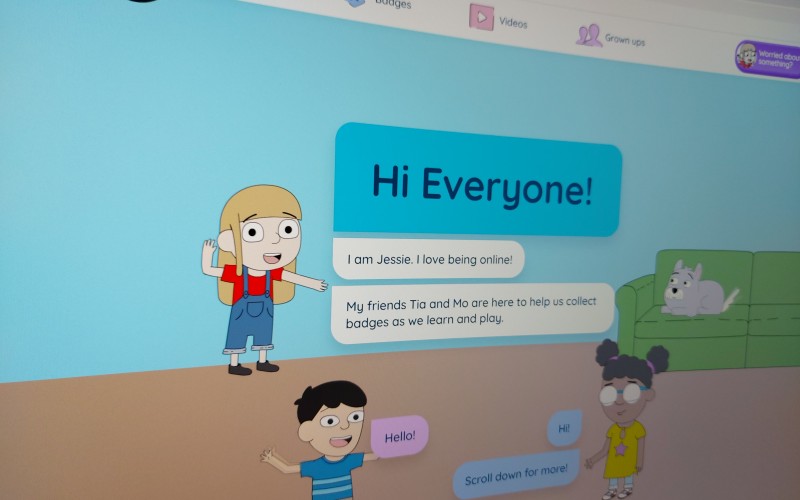
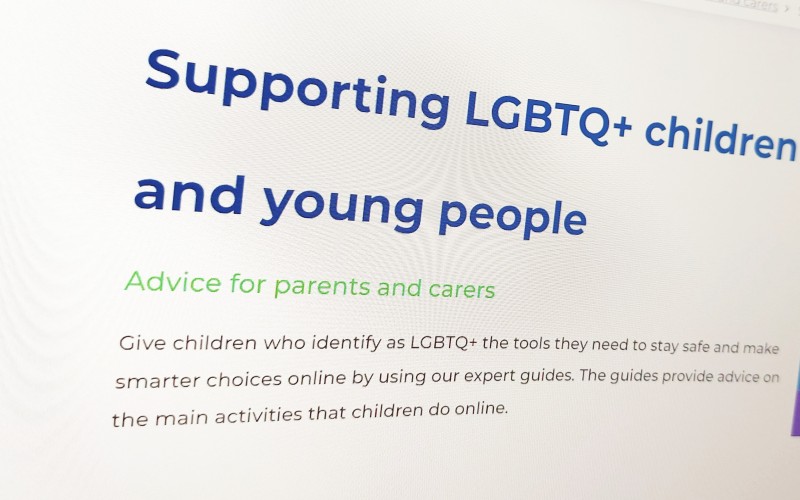
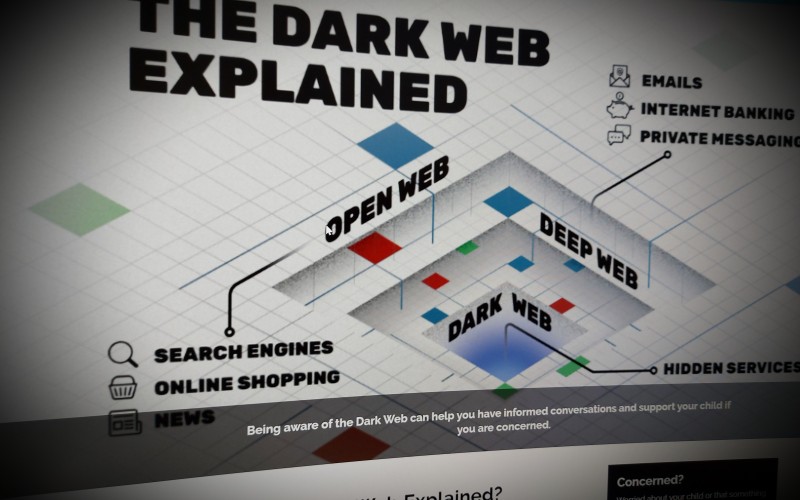
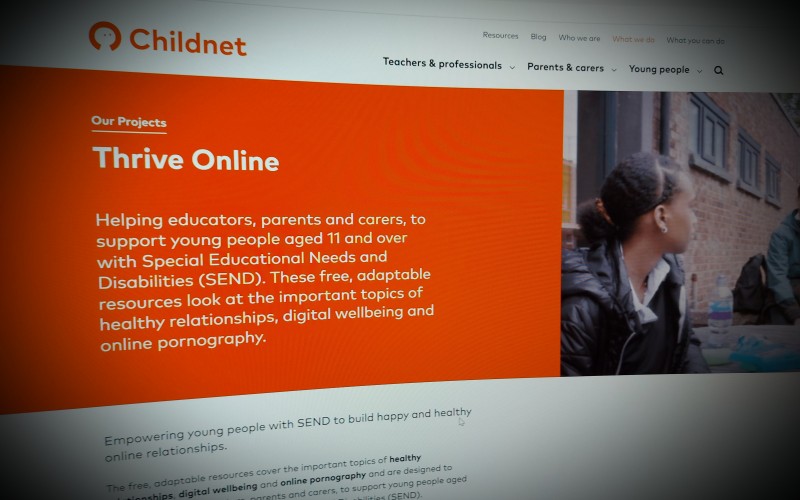
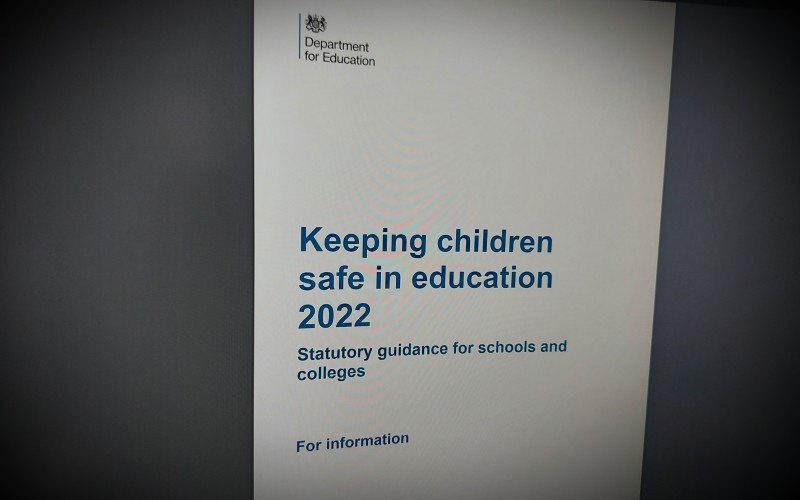
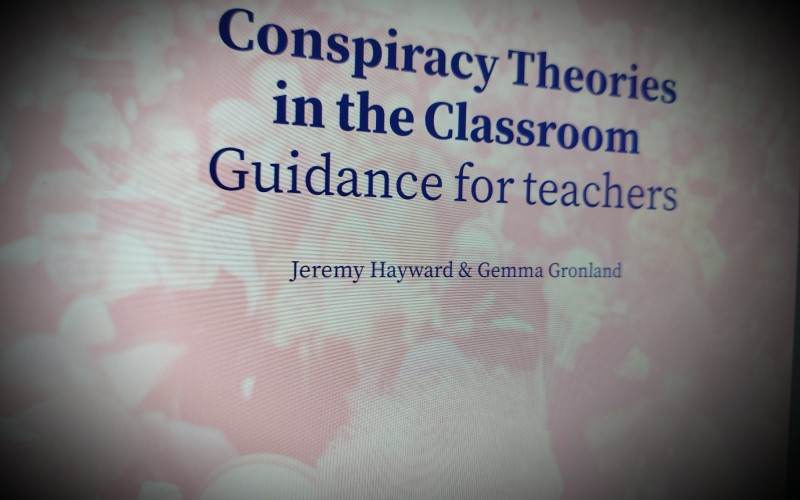
Comments
make a comment